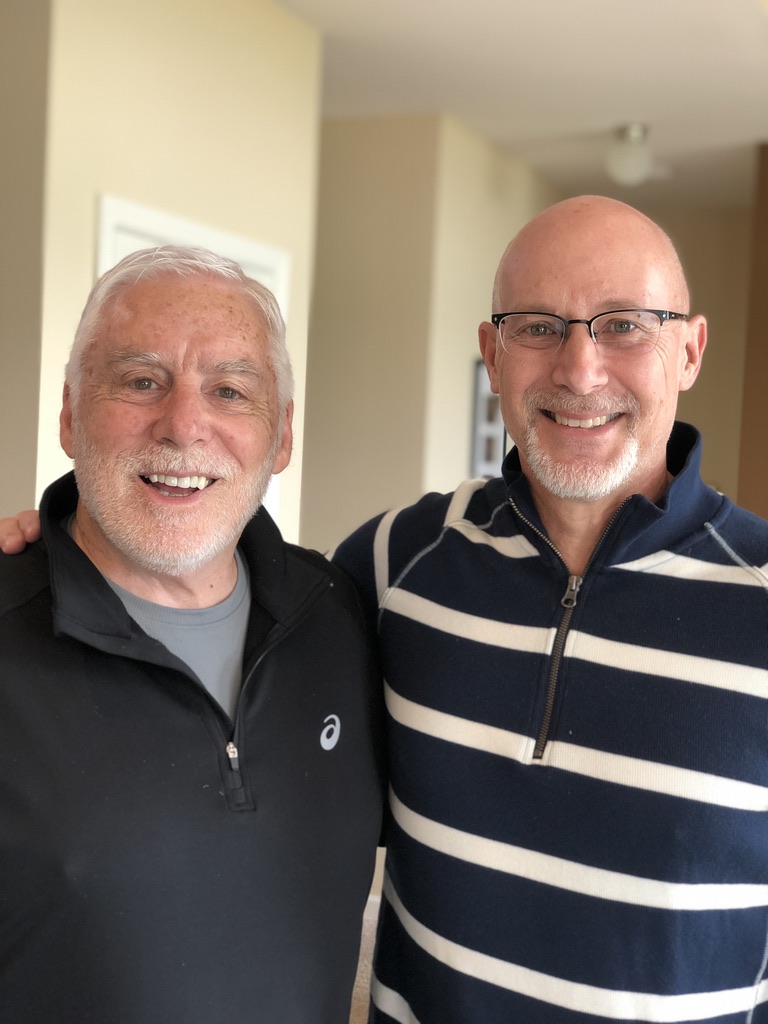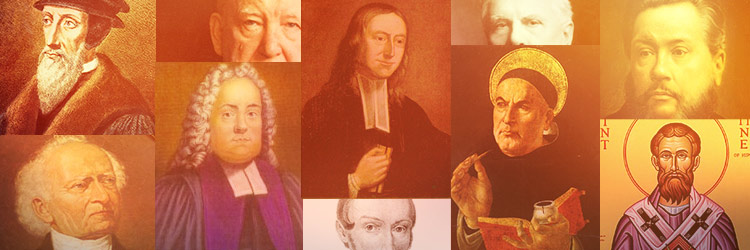
Dave Shive is a 1968 graduate of Washington Bible College, and a 1972 graduate of Capital Bible Seminary with a Th.M. in New Testament Studies. He is also a 1994 graduate of the Baltimore Hebrew University where he received an M.A. in Biblical Literature. Dave also pursued doctoral studies at Baltimore Hebrew University.
He has spent the past 48 years in fulltime ministry as a pastor, Christian school director, college professor, and missions advocate.
Since 2008, Dave and Kathy have served as full time mission mobilizers. They are currently on staff with Frontier Ventures (formerly the U.S. Center for World Mission) in Pasadena, CA.
Dave and Kathy will celebrate their 54th wedding anniversary in June 2022. They have lived in Catonsville, MD, for 25 years. They have three married children, Dan, Mike, and Becky and are the proud grandparents of 11 grandchildren.
Working Harder to Preach Shorter
As a guest speaker, I was recently asked to limit my sermon to 25 minutes. As one who prefers 35 or 40 minutes to preach, I was confronted by a daunting challenge. Oddly enough, I find that preparing this short post on preaching short sermons is much more difficult than writing a longer post about preaching shorter sermons!
As I prepared my short(er) sermon, I recalled a senior pastor who, when asked by a guest preacher how long he could speak, replied, “Five minutes shorter than you think.” The senior pastor was probably thinking that he had heard many sermons that could be improved if only they were a bit shorter. One homiletics professor confided to me that each year one or two students would tell him that they could preach a better sermon in class if they were only allowed more pulpit time. The good prof’s response was always the same: “No, you couldn’t” (said with a smile).
As I was preparing my 25-minute sermon, the difficulties in preparing a shorter message were glaring. My struggle reminded me of the quote by Blaise Pascal: “I would have written a shorter letter, but I didn’t have the time.” Similar to Pascal, I realized I could preach a shorter sermon, but I would need a lot more prep time! Therein lies the dilemma of preaching with less allotted time.
To reduce the length of a sermon, more care is required in the selection of what to say. There also needs to be a ruthless culling of what NOT to say. Almost every pastor can agree that preaching for 25 minutes is harder than preaching for 45. Give me a text and I can preach on it for an hour with little preparation (I’m not saying it would be a good sermon!). But give me the same text and ask me to preach on it for 25 minutes and I would need significantly more prep time.
To preach a shorter sermon, one must be more deliberate, focused, conscious of every word, sentence, paragraph, and idea. Greater discipline is needed to make the best use of every precious minute. I found myself desperately returning again and again to my Big Idea to make sure everything I was saying was necessary and remained true to the text.
Oh, and a footnote to my story about my 25-minute sermon. When I arrived at my guest home the night before I was to preach, I was informed that I could take as much time as I needed! Relieved to hear that, I only exceeded my original time limit by a few minutes the next morning. I realized that my preparation for a 25-minute delivery enabled me to preach a much better sermon.This kind of sermon preparation is great practice in developing homiletical discipline. Try this sample exercise: If you have 40 minutes to deliver a sermon, prepare as if you only have 25 minutes to preach. See what happens!








